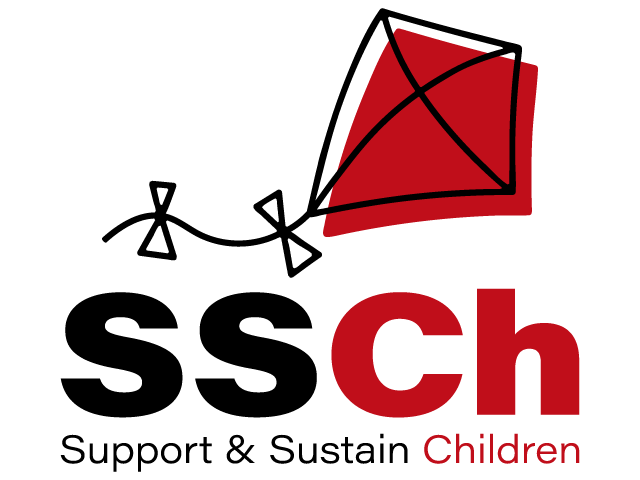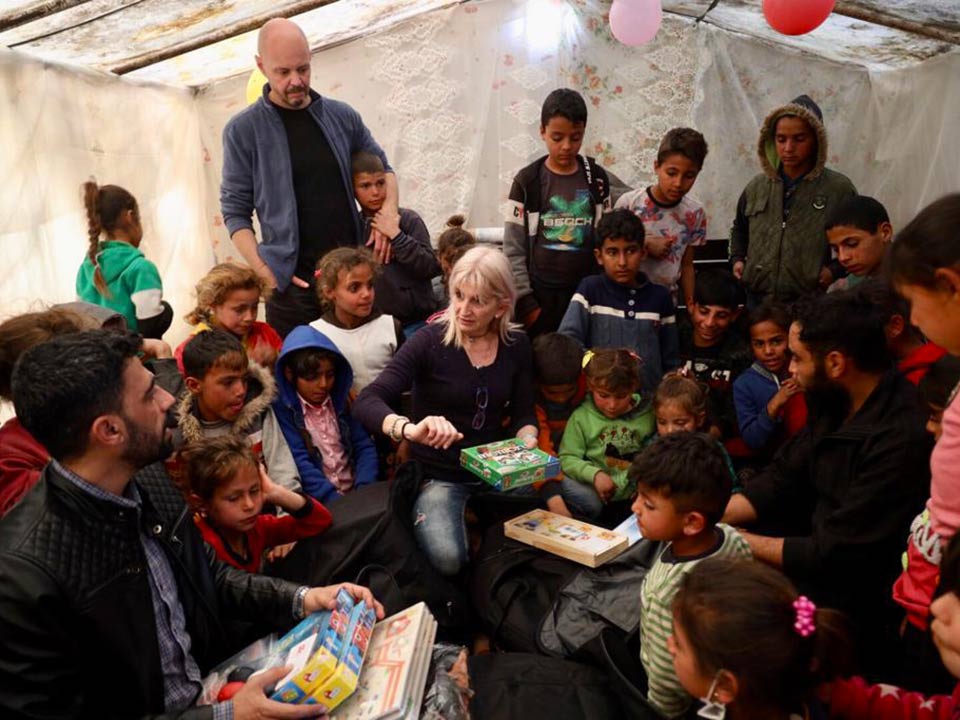by Fabio Geda
This is my first visit to the camp. I’m leaving with Arianna and Paolo. The days before I read a lot to understand where I am going. I stumble upon several UNHCR appeals asking that the world not forget Syrian refugees and displaced people 11 years after the conflict began. I discover that Syria is the most serious crisis in the world in terms of the number of people forced to flee. Over 13 million elderly, women and children have fled the country or are displaced within its borders. Neighboring countries have welcomed 6 million refugees and over half are in Turkey, on the outskirts of cities or in places like the spontaneous camp that SSCh has been taking care of for years.
Well, one thing I like is the clarity with which SSCh, knowing that it cannot help everyone, has chosen to help someone. The stubbornness with which it takes care of this tent city (6000 people of which 4000 minors) growing year by year in the competence and intervening in an ever more precise and effective way. He has chosen a piece of the world and tries to make it better with a pragmatism that convinces me. What I mean? Who is aware that he has no magic wands. And we know that people have more desire to intervene when the goal is to solve the problem definitively, to take someone away from degradation forever, and less desire to beat themselves up when there is to be in the degradation next to those who suffer, contenting themselves to reduce suffering because eliminating it is not possible. To do this it takes courage. And it takes wisdom.
There is a lot to do at the camp. Among the tents you walk surrounded by girls and boys: some scrutinize you, buzzing from a distance, others queue up, some take you by the hand. Pre-adolescents seek attention with their eyes, and when you hook it there are those who hold it up and those who lower it. Teenagers are already men and teenagers disappear from sight, like almost all women. Paolo Messina tries to illustrate the complexity of the field in images: men, the elderly, environments, but it is inevitable that children fall into it in particular in front of the lens. And then they are the ones who make you aware of the disastrous hygienic situation of the area: the makeshift latrines, the garbage everywhere, the broken glass in the sand where they run barefoot. More terrible than living in unworthy conditions is perhaps the fact of not noticing it, and it is heartbreaking to realize that there are those in the camp who have stopped doing it.
I take away one scene in particular: Azouf, 13, chases us for two days to take us to his tent, where he lives with his sister and father, an elderly and sick man. We finally find the time to follow him. While the father, through Yahya, the interpreter, asks us for help, Azouf tries to make us tea. At one point he gets anxious because the water struggles to boil. We tell him not to worry, to leave it alone. He insists. And when he finally brings it to us he radiates pride everywhere.
We spend a lot of time in the two camp schools, what SSCh calls rainbow tents. Girls and boys attend them for a few hours a week, when they are not at work on farms in the area where they are obviously exploited without restraint. They do not attend Turkish schools mainly for two reasons: because they need the little money they earn and because Turkish schools often do not welcome them. I attend a remote meeting with a school in Turin and the English lesson that Chiara gives in connection from San Diego. If the field cannot move, the world enters the field. And maybe they, one of these pre-adolescents, of these children, will find the strength, one day to free themselves, to leave, to set out to conquer a different life. Here, maybe they do.
Back in Turin, I spoke to everyone about this experience for days. When I stopped talking about it, I started dreaming about it. Faces and places came to visit me at night. In July, I’ll be back. Again with Arianna and Paolo, but this time there will also be Anna, doctor, and Pep, nurse. Follow SSCh on social networks to stay informed.



